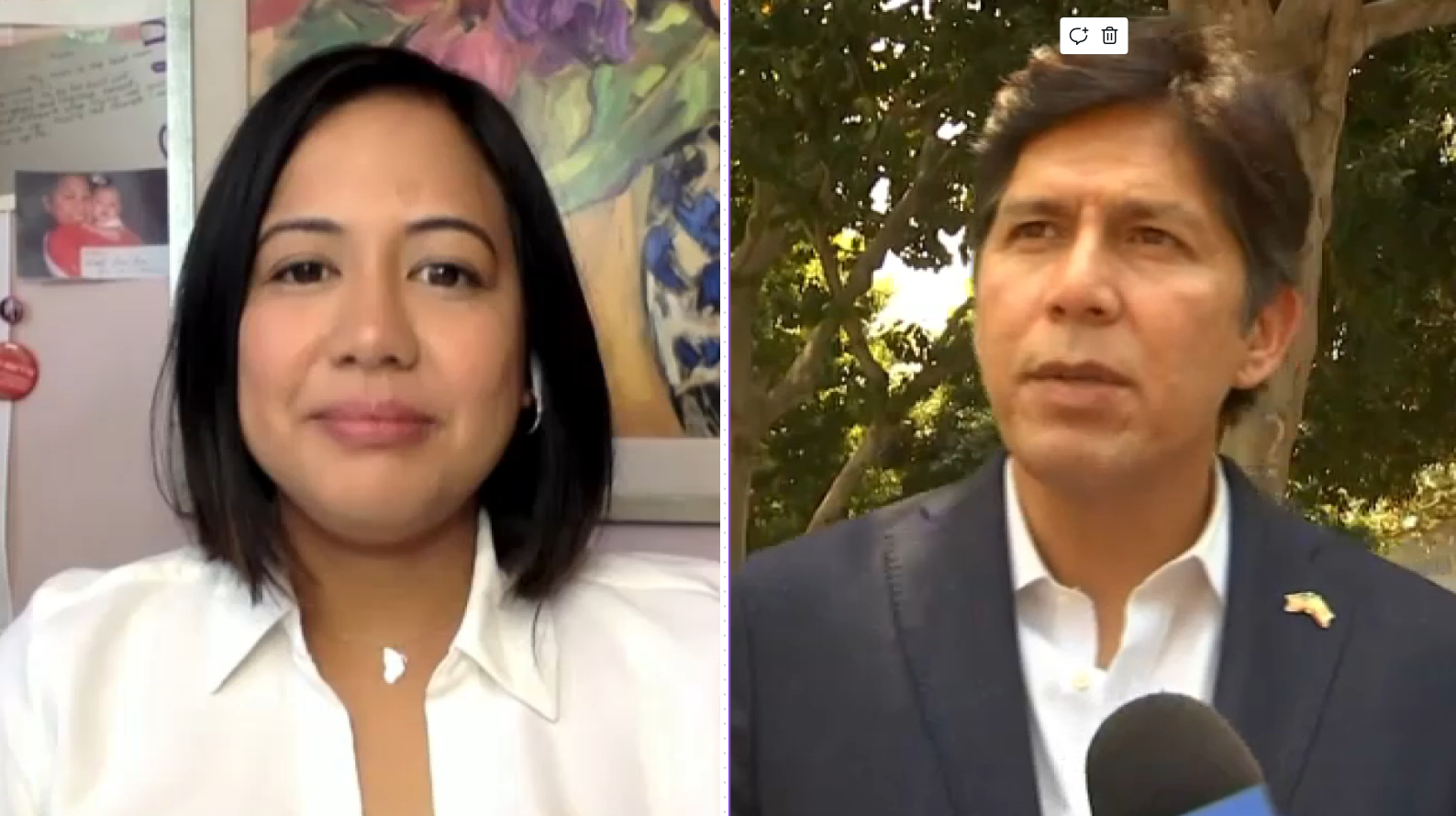With growing numbers of severe COVID-19 patients in need of limited numbers of ventilators, the health care system has struggled to answer a two-pronged question.
How to identify which new cases will lead to respiratory failure, and how to treat it?
Doctors at a hospital in San Fernando Valley, California, have developed protocols for both that focus on tracking key protein markers.
"I am 100 percent convinced that if we follow these protocols, we can prevent patients from needing mechanical ventilation and going on respirators," said Dr. Tom Yadegar, MD, a pulmonologist and medical director of the intensive care unit at Providence Cedars-Sinai Tarzana Medical Center, and the protocol report's principal author.
I am 100 percent convinced that if we follow these protocols, we can prevent patients from needing mechanical ventilation and going on respirators
Dr. Tom Yadegar
Early on as COVID-19 cases began appearing, Yadegar realized he had to find an explanation for the sudden condition deterioration in some cases, while others remained relatively mild. A growing body of global medical literature--including papers that Yadegar cites in his--suggests that in the more severe cases, the most devastating damage is caused not by the virus directly, but by the response of the patient's own immune system at an extreme level known as a cytokine storm.
Yadegar said in those cases reining in the immune system takes precedence over the virus.
Local
Get Los Angeles's latest local news on crime, entertainment, weather, schools, COVID, cost of living and more. Here's your go-to source for today's LA news.
"The way to treat it is to suppress the immune system," said Yadegar, aware of how counter-intuitive that would seem. "If you can disarm this aspect of it, you can save thousands of lives."
Some doctors treating COVID-19 patients around the world have turned to drugs that can help quiet the cytokine storms, many used for diseases such as rheumatoid arthritis.
Doctors in China and France have reported patients being helped by drugs called interleukin-6 inhibitors, which doctors in the United States are trying.
The Swiss pharmaceutical company Roche said it would work with the U.S. Food and Drug Administration on clinical trials on the drug tocilizumab, an anti-inflammation drug sold under the name Actemra and used to treat rheumatoid arthritis, NBC News reported last month. Chinese doctors have used the drug to prevent an overreaction of the immune system.
Regeneron Pharmaceuticals is also doing a study of Kevzara, its rheumatoid arthritis drug that also targets interleukin-6, against the coronavirus, according to The Associated Press.
Yadagar does caution that physicians must test for opportunistic infections and other maladies that could become grave threats if the patient's immune system were suppressed.
Among the score of markers that treating physicians can monitor, the study recommends when evaluating new COVID-19 patients, physicians focus on levels of the protein ferritin as a predictor of affliction with a cytokine storm. Levels of C-reactive protein provide a measure of the success of treatment with immunosuppressants.
Based on Yadegar's experience, one drug tried as a COVID-19 treatment, hydrochlorquine, is not a powerful enough immunosuppressant to be effective in more severe cases, he said.
Yadegar is trying to make the newly developed protocols available to other doctors and hospitals as quickly as possible. The usual path is through the publication of peer-reviewed papers in medical journals, but as Yadegar notes, these are not normal times.
"The most important thing for me is to get this to the doctors on the front lines," Yadegar said.
On "COVID-19 Cytokine Storm: Identification and Treatment," Yadegar collaborated with Shahin Delkhah, M.D., and Katherine G. Jacobson. They intend to submit it for publication, but in the meantime are making it available online to speed its distribution.



